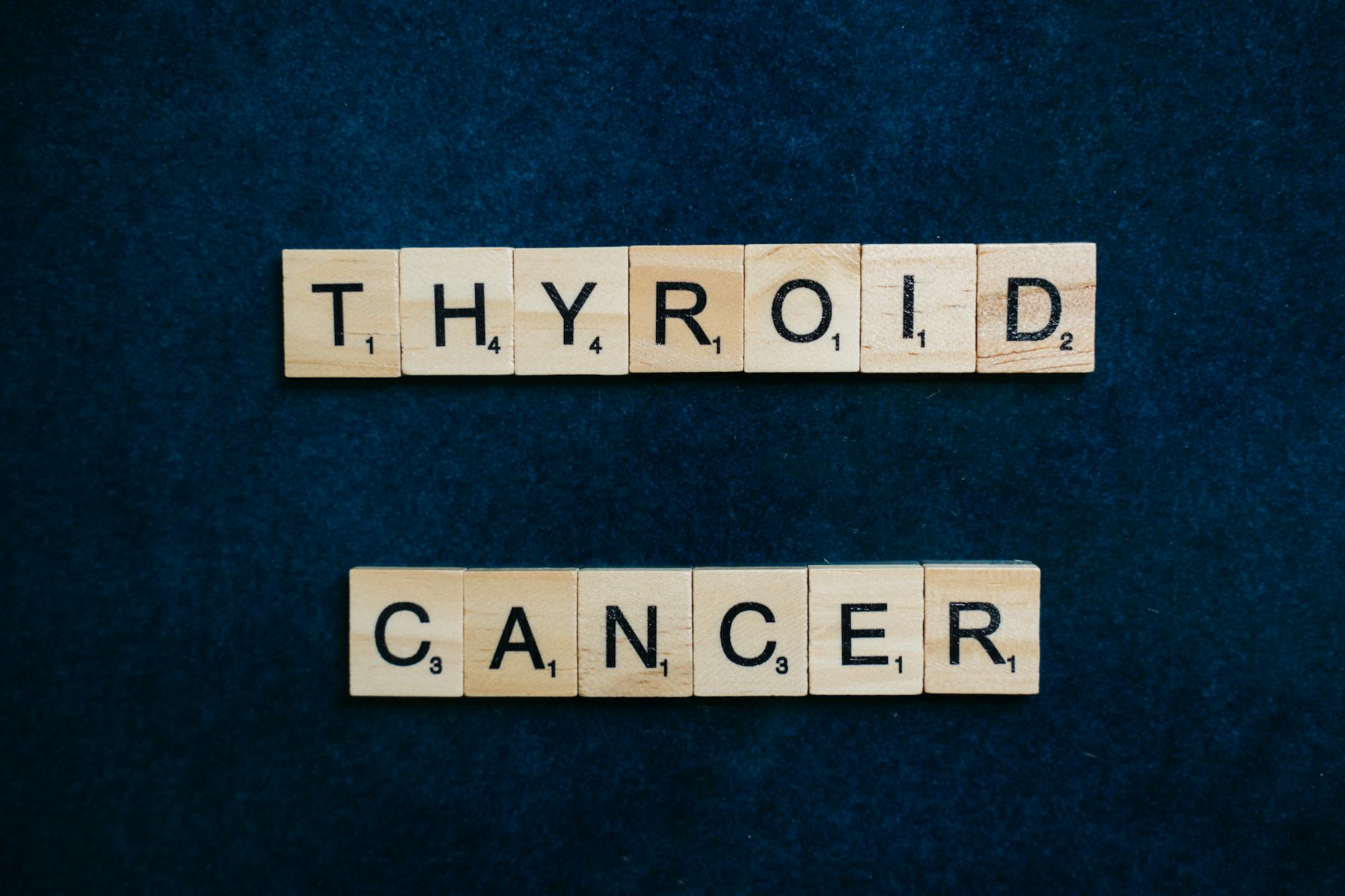Unlock the secrets to thriving while managing Graves Disease with our expert tips and strategies for conquering this challenging condition.
Table of Contents
Dealing with Graves Disease can be challenging, but with the right knowledge and strategies, you can learn to manage your symptoms and lead a fulfilling life. In this blog post, we will explore what Graves Disease is, common symptoms, treatment options, lifestyle changes, and tips for thriving while living with this condition.
Understanding Graves Disease
Graves Disease is an autoimmune disorder that causes the thyroid gland to become overactive, leading to hyperthyroidism. This condition affects women more frequently than men and tends to develop between the ages of 30 and 50.
Common symptoms of Graves Disease include weight loss, rapid heartbeat, increased appetite, tremors, anxiety, and heat sensitivity. If left untreated, Graves Disease can lead to serious complications such as heart problems, osteoporosis, and eye issues.
Diagnosis and Treatment
Diagnosing Graves Disease typically involves blood tests to measure thyroid hormone levels and antibodies. A radioactive iodine uptake test or thyroid scan may also be conducted to confirm the diagnosis.
Treatment options for Graves Disease include medications to regulate thyroid function, radioactive iodine therapy to reduce thyroid activity, and in severe cases, surgery to remove part or all of the thyroid gland. Your healthcare provider will work with you to determine the best treatment plan based on your symptoms and overall health.
Lifestyle Changes and Management
Managing Graves Disease involves making certain lifestyle changes to support your overall health and well-being. These changes may include:
- Following a healthy and balanced diet rich in fruits, vegetables, lean proteins, and whole grains to support thyroid function and energy levels
- Engaging in regular exercise to maintain a healthy weight, reduce stress, and promote overall wellness
- Getting enough rest and practicing relaxation techniques to manage anxiety and fatigue
- Avoiding tobacco and excessive alcohol consumption, as they can worsen symptoms and impact thyroid function
- Staying informed about your condition and working closely with your healthcare team to monitor your progress and make adjustments to your treatment plan as needed
Thriving with Graves Disease
Living with Graves Disease can present challenges, but it is possible to thrive and maintain a high quality of life. Here are some tips to help you flourish while managing your symptoms:
| Managing Graves Disease | Techniques |
|---|---|
| Medication | Take prescribed medication regularly to regulate thyroid function |
| Diet | Follow a balanced diet rich in fruits, vegetables, and lean protein |
| Stress Management | Practice relaxation techniques such as yoga or meditation to reduce stress |
| Regular Exercise | Engage in regular physical activity to improve overall health and well-being |
| Regular Check-ups | Visit your healthcare provider regularly for monitoring and adjustments to treatment |
1. Educate Yourself: Learn as much as you can about Graves Disease, its symptoms, and treatment options. Knowledge is power, and the more you understand your condition, the better equipped you will be to manage it effectively.
2. Build a Support System: Surround yourself with friends, family, and healthcare providers who understand your condition and can offer support and encouragement. Support groups and online communities can also be valuable resources for connecting with others who are facing similar challenges.
3. Practice Self-Care: Taking care of your physical and mental well-being is essential when living with Graves Disease. Make time for activities you enjoy, prioritize sleep and relaxation, and seek professional help if you are struggling with mental health issues.
4. Stay Positive: Focus on the aspects of your life that bring you joy and fulfillment. Maintain a positive outlook and celebrate your victories, no matter how small they may seem. Remember that you are not defined by your condition and that you are capable of achieving great things.
Conclusion
While Graves Disease may present challenges, it is possible to manage your symptoms effectively and thrive in spite of your diagnosis. By understanding your condition, seeking appropriate treatment, making healthy lifestyle choices, and prioritizing self-care, you can take control of your health and lead a fulfilling life. Remember that you are not alone in this journey, and there are resources and support systems available to help you along the way. Stay confident, stay strong, and embrace your ability to conquer Graves Disease and live your best life.
Can Graves Disease be cured completely?
While Graves Disease cannot be cured completely, it can be effectively managed with medication, radioiodine therapy, or surgery to control symptoms and improve quality of life.
What are the long-term effects of Graves Disease?
Left untreated, Graves Disease can lead to serious complications such as heart problems, osteoporosis, and eye issues. It is important to seek treatment and follow a care plan to prevent these long-term effects.
Is it safe to exercise with Graves Disease?
Yes, regular exercise is beneficial for individuals with Graves Disease as it can help maintain a healthy weight, reduce stress, and promote overall wellness. Consult with your healthcare provider to determine the appropriate level of physical activity for your condition.
How can I find support for living with Graves Disease?
You can find support for living with Graves Disease by joining online support groups, connecting with healthcare providers specializing in thyroid disorders, and reaching out to family and friends for emotional support and encouragement. Building a strong support system can make a significant difference in managing your condition effectively.





